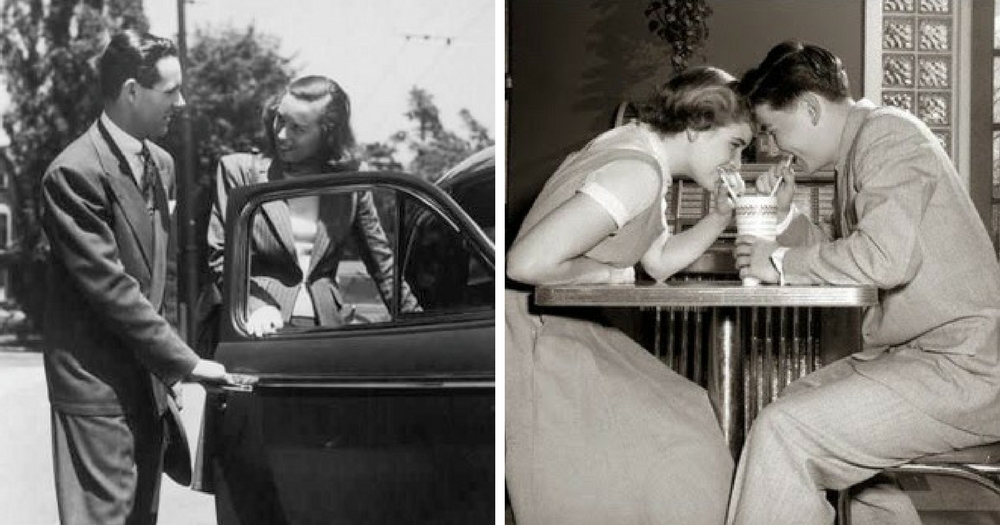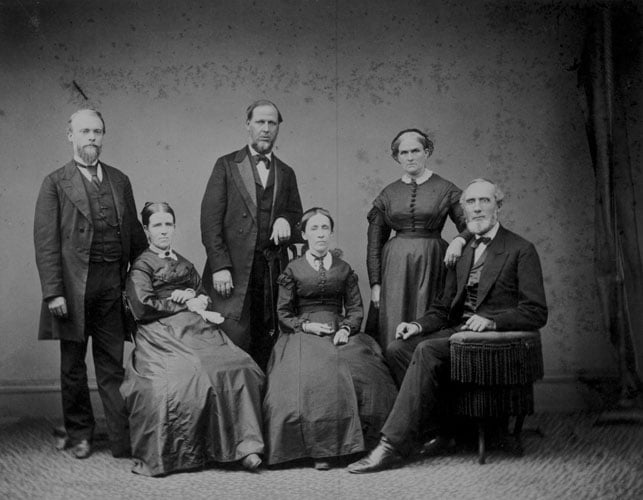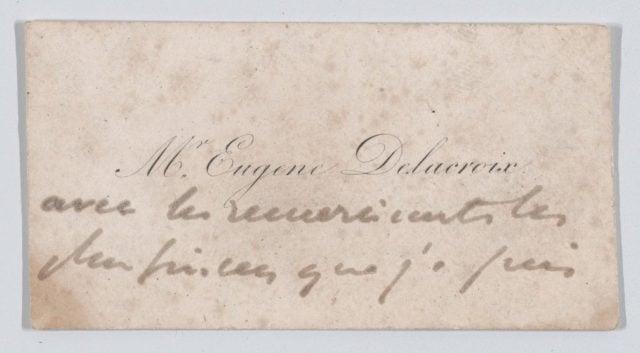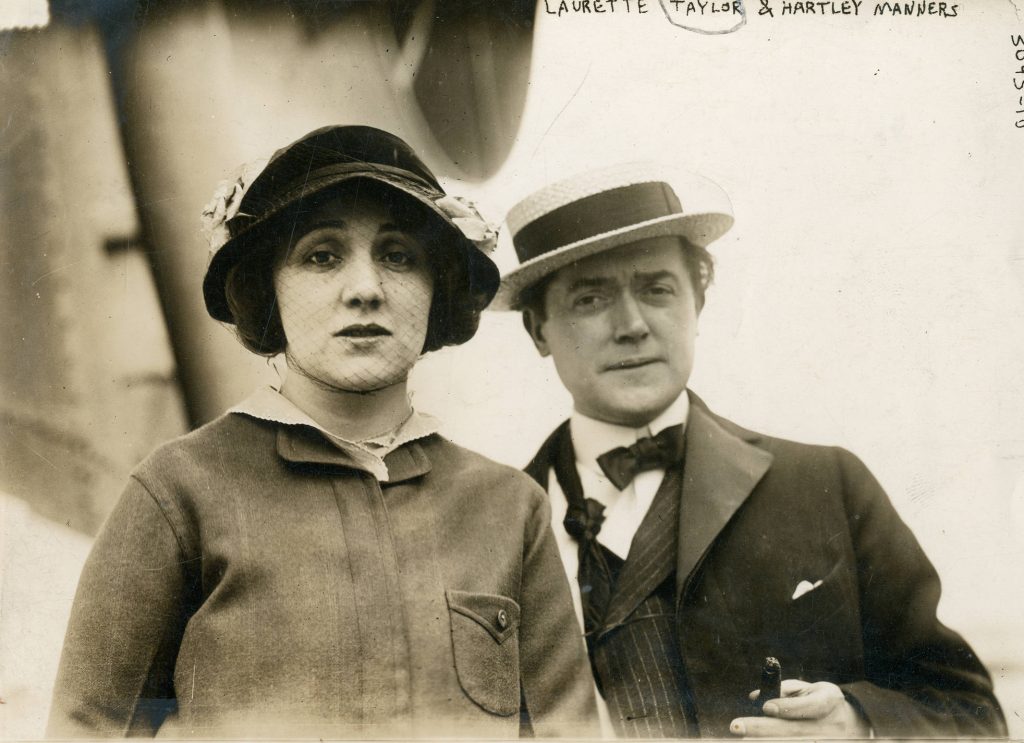
People love to complain about the death of manners. When we talk about modern manners, we seem to always wax nostalgic about how folks were more polite “back in the day.” It’s unclear where that means things were better in the 1870s, the 1950s, or just the era before smartphones.
Either way, from what you read about the kids these days, it seems the good times are long behind us. The British Psychological Society released a report in 2016 indicating that people might just perceive more rudeness from strangers nowadays – because we’re kind of full of ourselves.

What we’re truly discussing is the decline of formality, which can’t necessarily be conflated with good manners – or basic human decency. People have always been nice and rude, and just about everything in between. Manners simply change with time and context.
Here are some old-fashioned manners that have fallen by the wayside:
1. Leaving calling cards

Back in the day, people would leave each other calling cards, to introduce themselves or let absent friends know they’d visited. There were all sorts of complicated rules surrounding the practice.
Then, phones were invented and social media exploded onto the scene. Etiquette experts agree that leaving calling cards is effectively dead nowadays, Business Insider reported.
2. Addressing people by their last name and title
Throughout much of modern history, it would have been considered catastrophically impertinent to address a new acquaintance — especially one of higher social rank — by their first name. Today, in some situations, it’s best to stick to a level of formality.
A 2013 survey in the UK found people really don’t like telemarketers calling them by their first names, the Daily Mail reported.

However, it’s becoming less common for people to insist on being addressed by their title and last name, Business Insider’s Shana Lebowitz reported. A 1992 study from the National Center for Biotechnology Information found 45% of patients preferred to be called by their first names when meeting a physician for the first time — and 26% of respondents had no preference.
When it came to doctors whom they knew well, 78% of patients wanted to be called by their first names.
3. Dressing up to go on a plane

There’s a keen sense of nostalgia for the glamorous air travel of decades past. People used to dress up for flights like they were going out for a nice dinner or fancy event. Some airlines even had dress codes. In a thread reflecting on past air travel norms, Quora users remembered smartly dressed passengers, cabins thick with cigarette smoke, and even casual visits to the cockpit.
The deregulation of the airlines in the 1970s led to fewer perks, according to the Boston Globe’s Christopher Muther. It also helped lower flight costs and democratize air travel. Today, most people try to keep things casual, in terms of what they wear on the plane. But there’s still a small incentive for dressing up. According to INSIDER’s Sophie-Claire Hoeller, fashionably dressed customers are more likely to get an upgrade.
Continue to the final page to see some customs going out of style… (possibly for the best)
